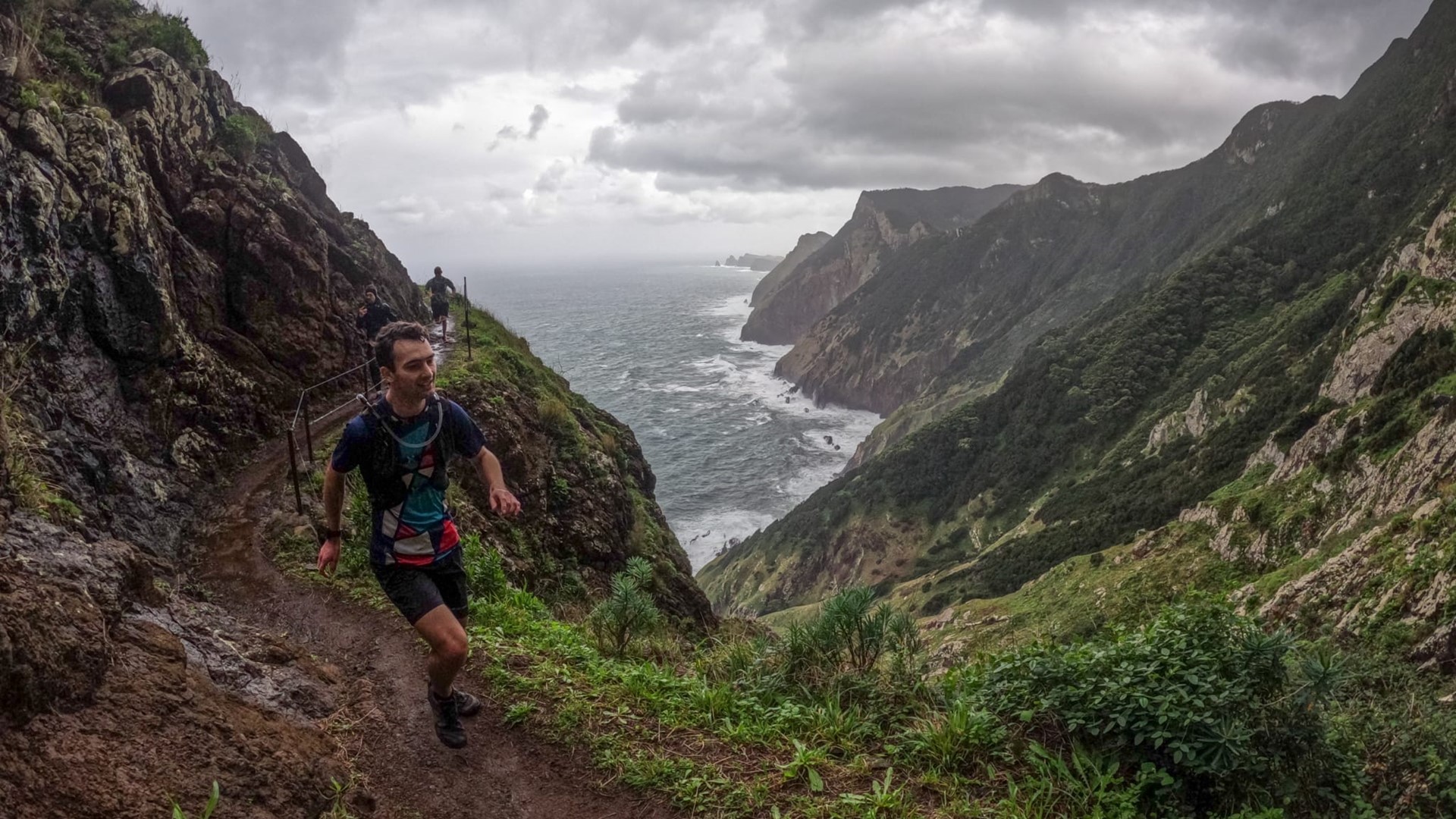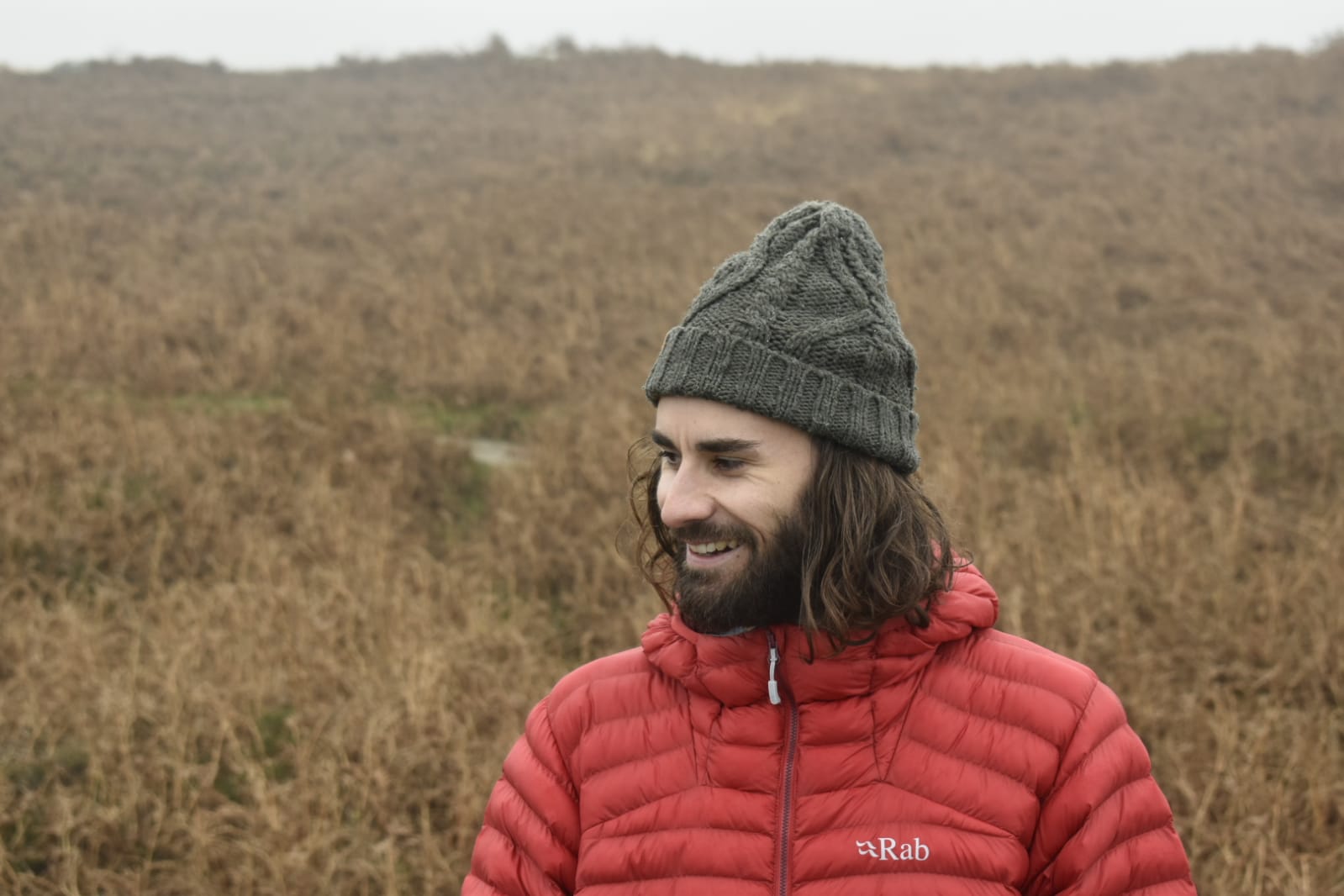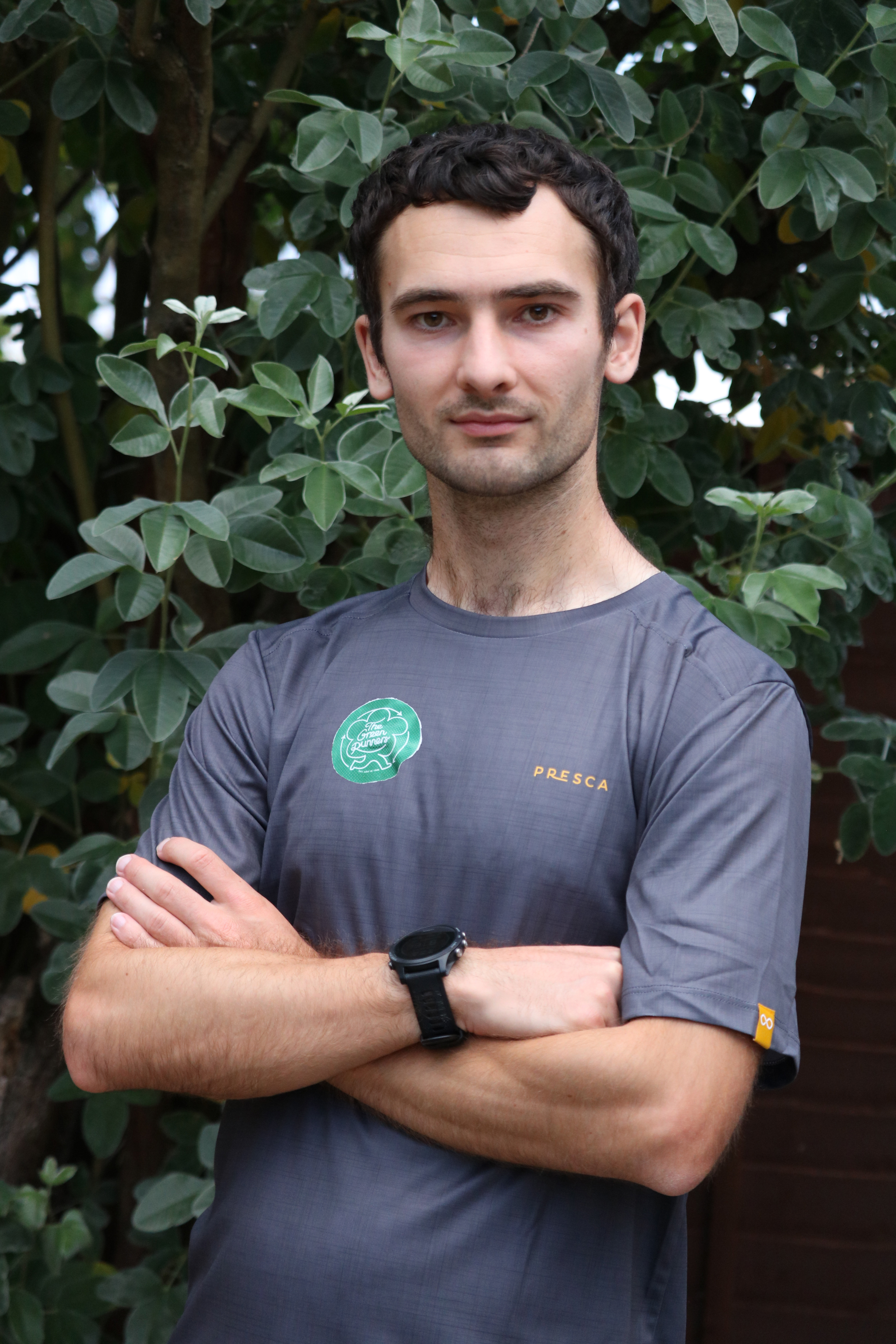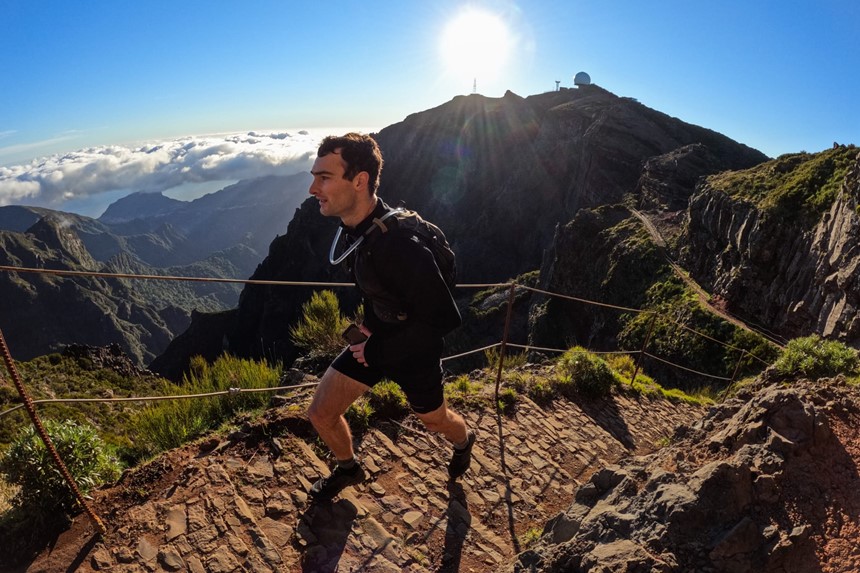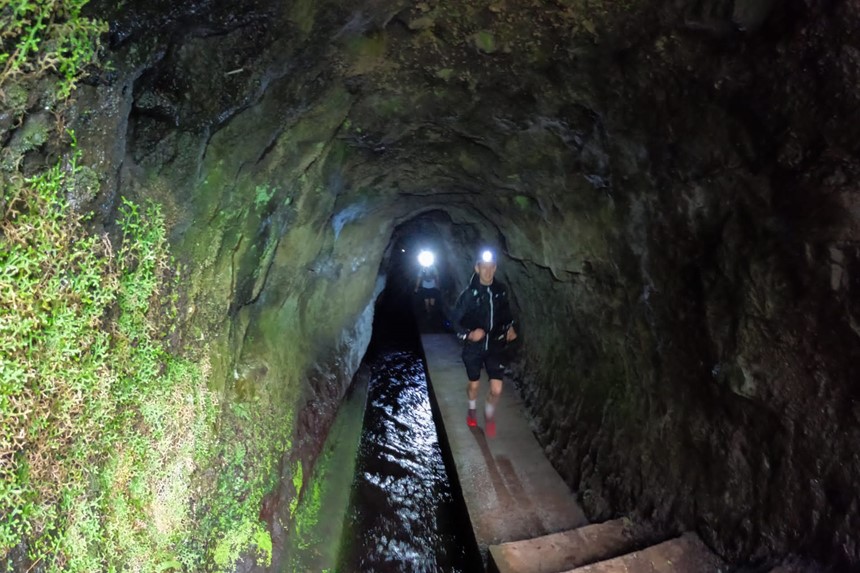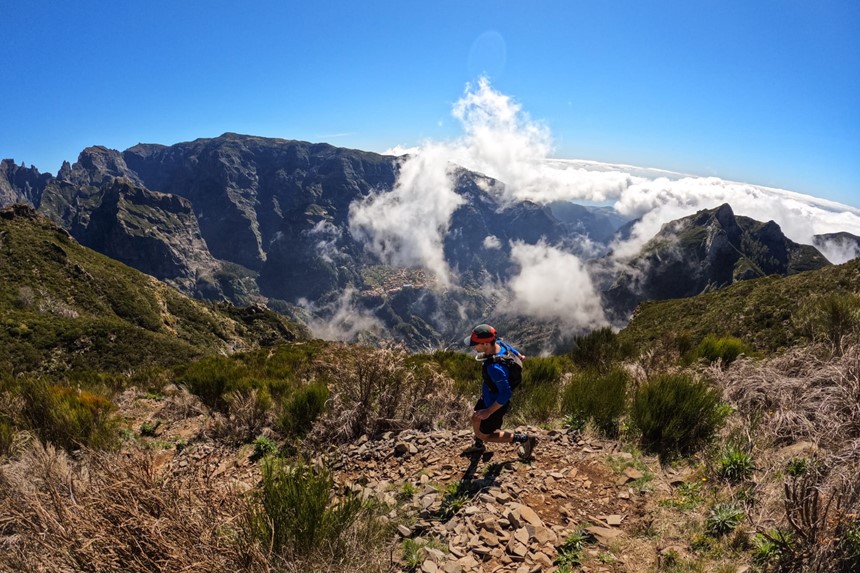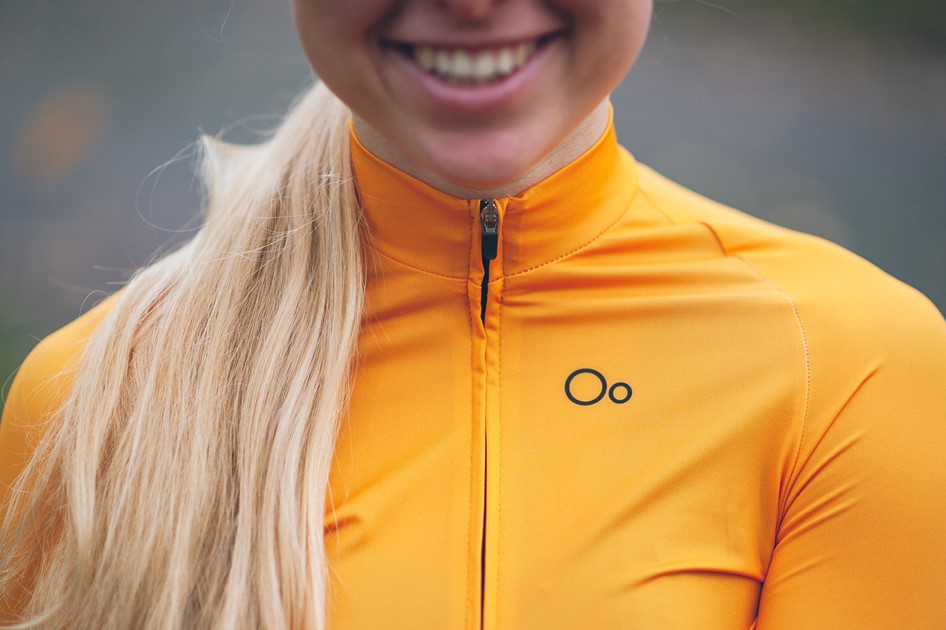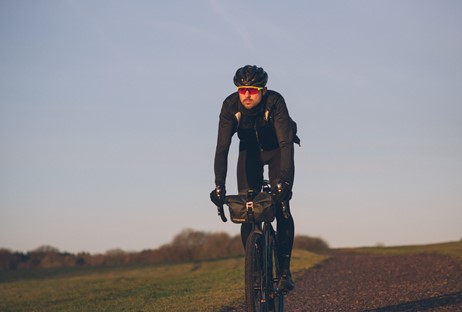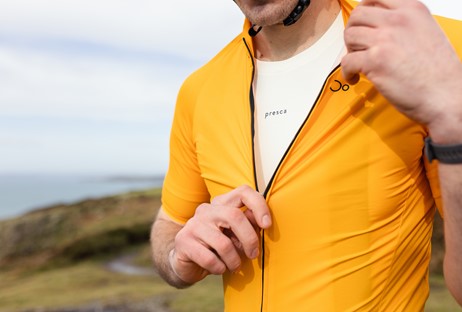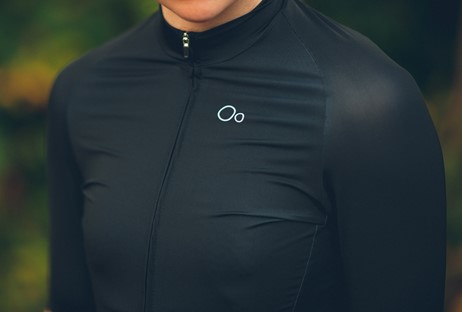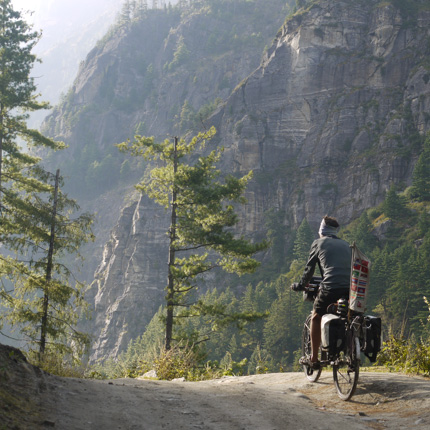Presca’s workshop, in the heart of Bristol, is integral to its vision of an industry rooted in climate-positive kit, with repair as default. The company repairs Presca products for free, and kit from other brands for a small charge. The same applies to sportswear adaptations for disabilities. And Presca provides the first UK-based chamois pad replacement service, to keep cycling shorts in service for longer. To supplement the workshop, Presca has also donated over 200 repair kits to help people repair gear at home. Ultimately, Presca aims to enable one million repairs through its workshop, and help increase the paltry 1% of clothing currently recycled in the UK.
Presca is also extending kit life by launching a resale initiative. People can donate used sportswear from any brand, either at Presca’s mini hub, opening in Bristol in November, or by posting to Presca, The Workshop, 4 Unity Street, Bristol, BS1 5HH. Presca will give some away through gift kits for people to access sport, no questions asked, and fix up and resell the remainder to raise money for the workshop.
Starley loves that Presca takes full ownership of its products. “Most companies don’t do that,” he says. “Nike and Adidas, you buy a t-shirt and that’s it. You try and contact their customer services about getting a repair done … good luck.” The industry needs to change, he says. “For me, brands ought to be providing repair as a default. They should take ownership of the full lifecycle of products they sell; this would incentivise them to make products more durable and easier to repair.”
This is why, instead of encouraging people to buy more kit, Starley will use his platform, including The Green Runners, to promote and normalise kit repair in the running community and beyond, pointing to Presca’s repair workshop and encouraging companies to develop similar services.

